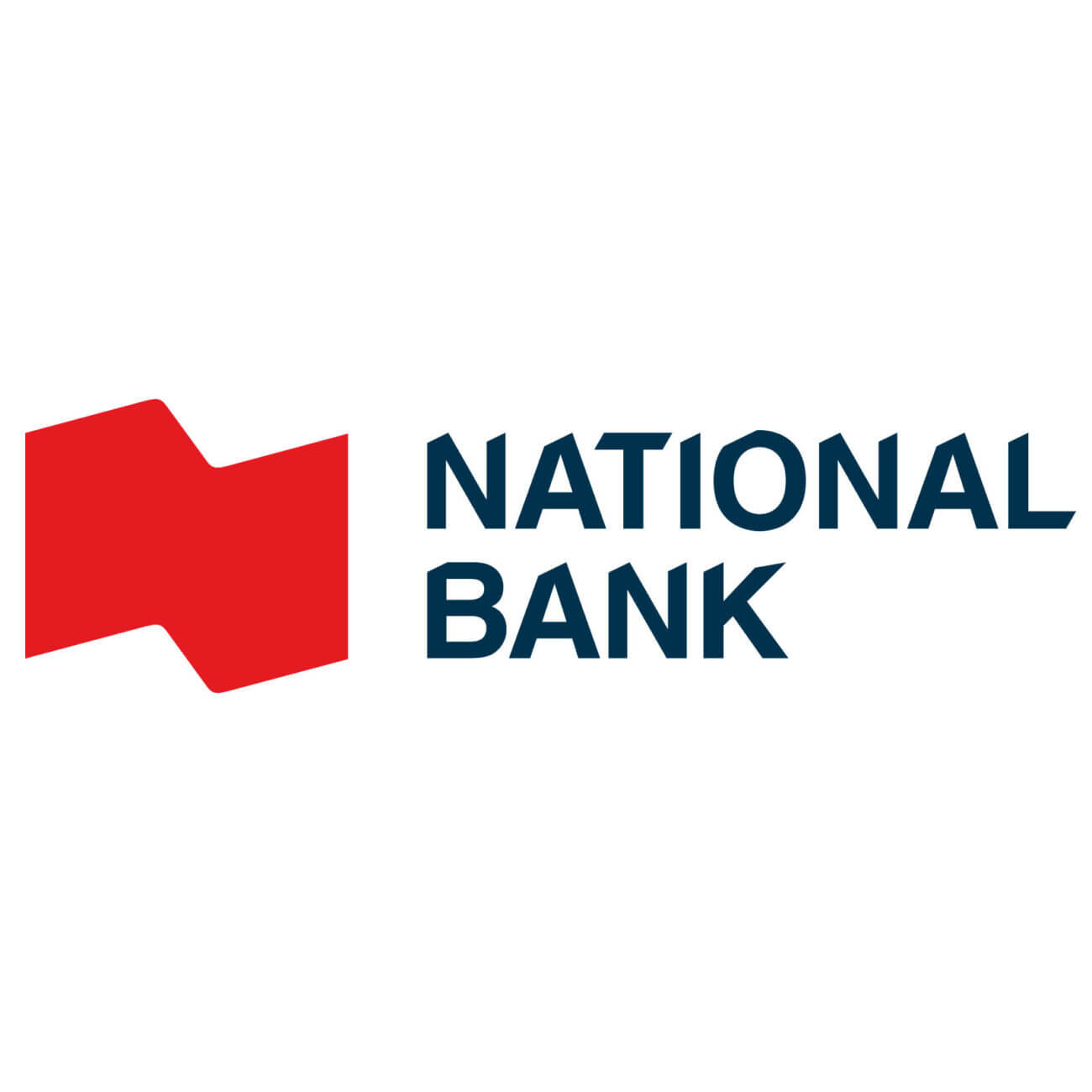Best ETFs for 2024: Best Canadian equity ETFs
The MoneySense panel’s picks for the best exchange-traded funds focused on Canadian stocks.
Advertisement
The MoneySense panel’s picks for the best exchange-traded funds focused on Canadian stocks.

Many in the media and the investment community dismiss Canadian equities, which definitely have underperformed U.S. stocks over the past decade. And, true enough, Canadian retail investors too often have a strong home-country bias, considering that stocks listed here account for less than 3% of global market capitalization.
But, there are still good reasons to hold Canadian equity exchange-traded funds (ETFs) in your portfolio.
For one, they are tax-efficient in non-registered accounts because the dividend distributions they pay enjoy a lower tax rate than foreign dividends. Secondly, their dividend yield is higher (close to 3% right now) than either U.S. or international equity index ETFs. And finally, they offer diversification in the form of commodity exposure, which can be an inflation hedge.
This category used to be owned by the big three of index investing—iShares, BMO and Vanguard—but an interloper, TD’s Canadian Equity Index, vaulted to the top of our voting this year, thanks to its ultra-low management expense ratio (MER) of 0.05%. It also tracks the Solactive Canada Broad Market Index, an alternative to the more common S&P/TSX and FTSE Canada indices. That makes it possible to dodge superficial loss rules when buying or selling larger funds with substantially similar exposure, such as iShares Core S&P/TSX Capped Composite Index ETF (XIC) and Vanguard FTSE Canada All Cap Index ETF (VCN).

Provide a 30-day notice before withdrawing your cash and earn 5% (or 4.5% when you provide 10-day notice).

Lock in your deposit for one year and earn a guaranteed interest rate of 4.85%.

$0 commission on all online stock transactions. No minimum deposit needed.
MoneySense is an award-winning magazine, helping Canadians navigate money matters since 1999. Our editorial team of trained journalists works closely with leading personal finance experts in Canada. To help you find the best financial products, we compare the offerings from over 12 major institutions, including banks, credit unions and card issuers. Learn more about our advertising and trusted partners.
“I think the ideal use for this ETF, beyond a core portfolio holding, is as a tax-loss harvesting partner for the Vanguard and iShares ETFs, given that they have similar holdings and historical performance but track different indices, thus sidestepping the CRA’s superficial loss rule,” says panellist Tony Dong.
There was a three-way tie for the runner-up position, with VCN, XIC and ZCN (BMO S&P/TSX Capped Composite Index ETF) all placing. All the funds mentioned have razor-thin MERs of 0.05% or 0.06%.
In the table below, you’ll find the best Canadian equity ETFs, as judged by our panel. Slide the columns right or left using your fingers or mouse to reveal more data. You can download the data to your device in Excel, CSV and PDF formats.
| wdt_ID | Fund name | Ticker | Management fee | MER | Holdings | Description |
|---|---|---|---|---|---|---|
| 1 | TD Canadian Equity Index | TTP | 0.04% | 0.05% | 278 | Tracks Solactive Canada Broad Market Index; v. low fees |
| 2 | Vanguard FTSE Canada All Cap Index | VCN | 0.05% | 0.05% | 177 | Exposure beyond S&P/TSX Composite to small caps, low fee |
| 3 | iShares Core S&P/TSX Capped Composite Index | XIC | 0.05% | 0.06% | 229 | Limits the chance of mega-caps dominating the index (weights capped at 10%) |
| 4 | BMO S&P/TSX Capped Composite Index | ZCN | 0.05% | 0.06% | 225 | Similar to VCN, but with a wider selection of holdings |
| Fund name | Ticker | Management fee | MER | Holdings | Description |
Share this article Share on Facebook Share on Twitter Share on Linkedin Share on Reddit Share on Email